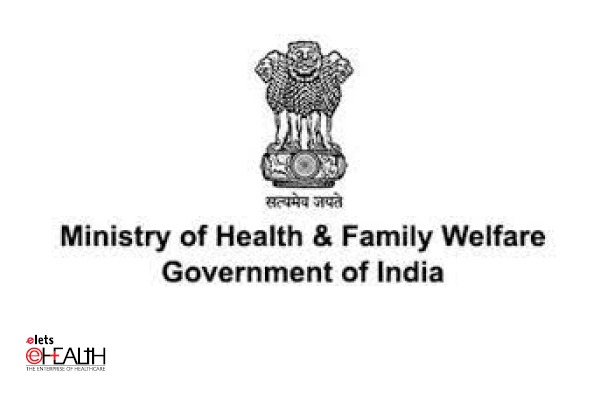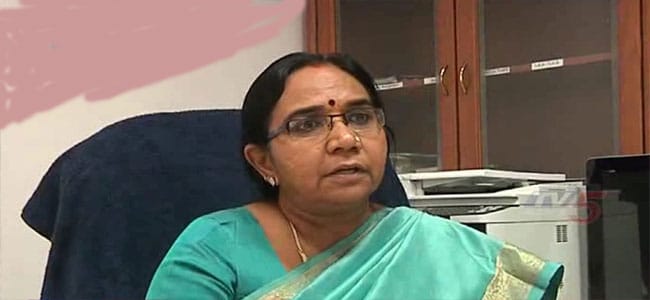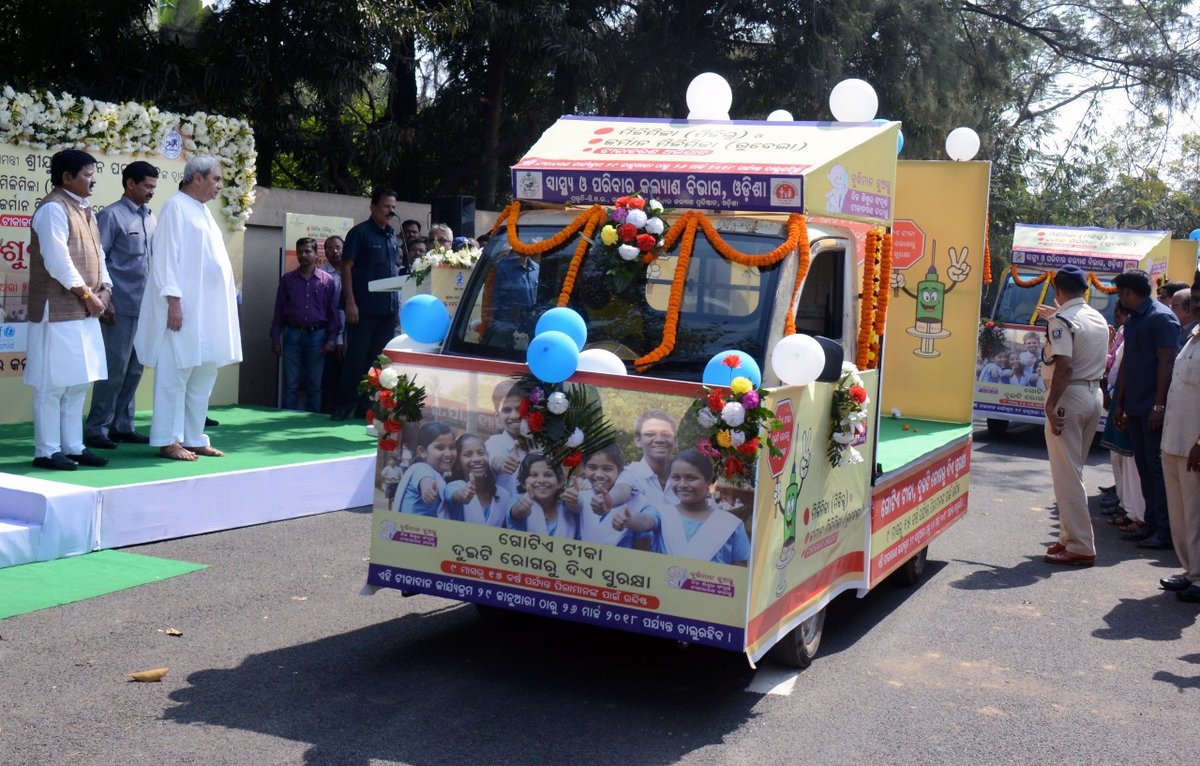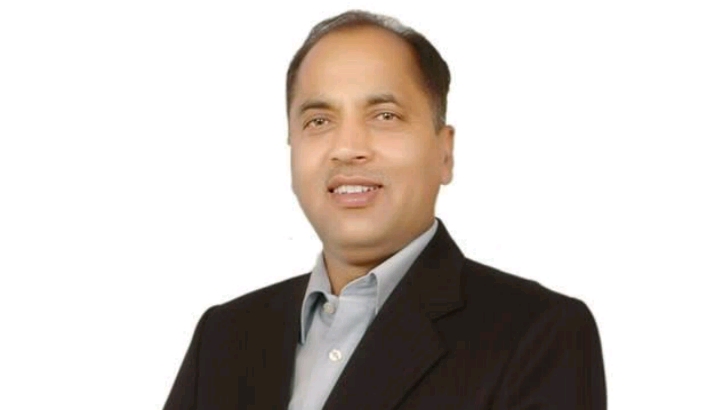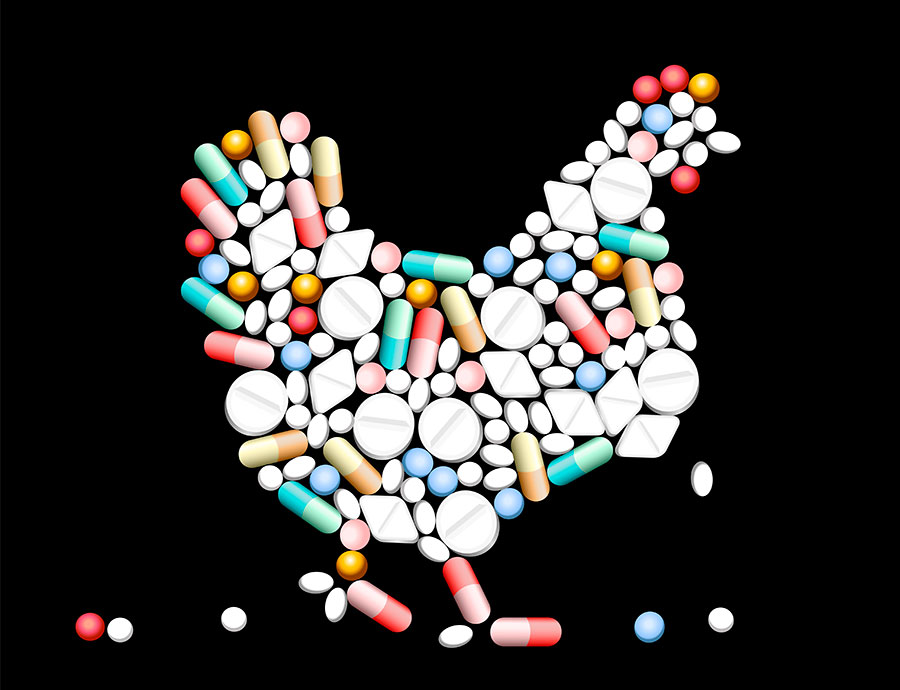India is playing a major role in raising the standard of personalised medicine across the world, especially developing countries.
Though the idea of personalized therapeutics based on individual variation has existed for more than 4,000 years in India’s traditional practice of Ayurveda medicine, the country has created a new national databank of genetic samples from about 15,000 unrelated individuals from its diverse geographic and linguistic subpopulations. A case study involving Dr. Mitali Mukerji of the Institute for Genomics and Integrative Biology and Dr Samir K Brahmachari of the Council of Scientific and Industrial Research has revealed that life-sciences company, Avesthagen Ltd, has announced a five-year, 32 mn dollar project to genotype the country’s entire Parsi population – about 69,000 people. The case study was a part of a major research led by researchers from the McLaughlin-Rotman Centre for Global Health (MRC), Toronto. It suggested that the aim of the genome projects was to determine linkages between genes, disease and environmental factors, and to develop new therapies and diagnostics. One of the interviewees in the study revealed that up to 13 per cent of Northern India’s population did not respond to up to 30 essential drugs. If the non-responder cases can be explained by genomic variation, better-tailored treatments could potentially be devised, says the research paper. “Developing countries have much to gain from genomic medicine and can least afford to waste precious resources on ineffective therapies and diagnostics,” Nature magazine quoted project leader Beatrice Seguin, assistant professor at the Leslie Dan Faculty of Pharmacy, as saying.

Be a part of Elets Collaborative Initiatives. Join Us for Upcoming Events and explore business opportunities. Like us on Facebook , connect with us on LinkedIn and follow us on Twitter , Instagram.


